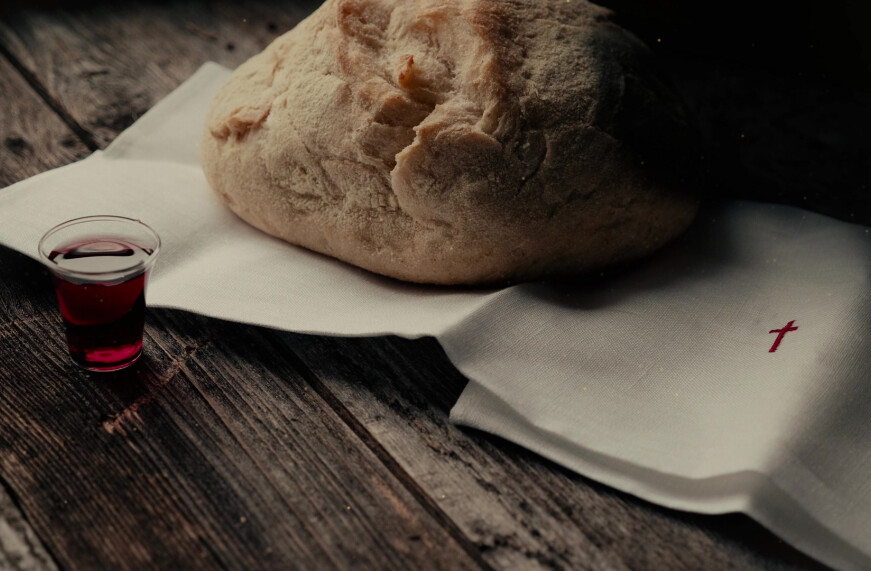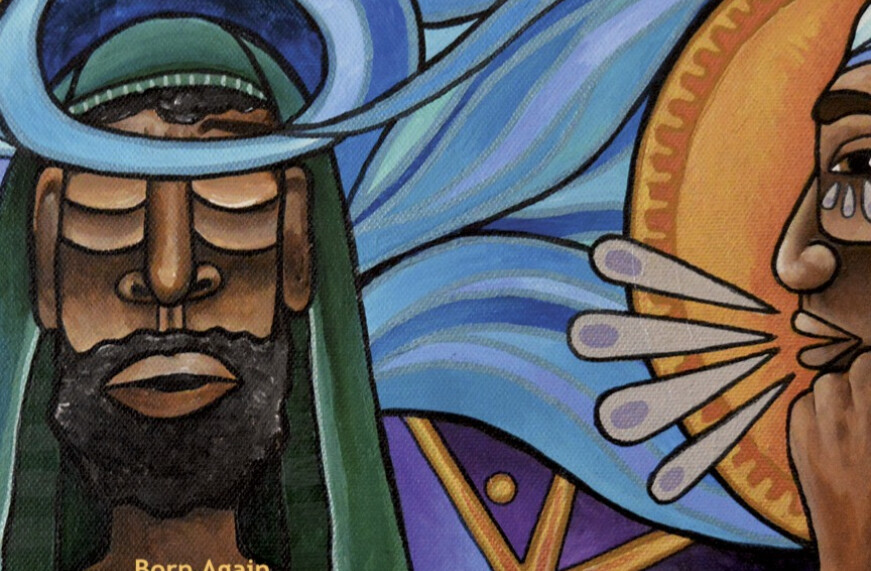Sunday, June 13, 2021

Dear St. Luke family:
This Sunday we’ll welcome the Rev. Eric Beene to our pulpit. Eric is the Transitional Mission Presbyter for the Presbytery of the Redwoods. I will be leading worship on Sunday, as well, but Eric will preach the Word. When I planned this guest preaching spot, I didn’t know it would be the week our younger daughter would be in town. I haven’t seen either of our daughters since October 2020. I’m delighted that it’s worked out that when I finally get to see one of them, it’s a week that I’m not responsible for writing a sermon.
In case you aren’t fluent in Presbyterian-speak: A presbytery is a regional governing body made up of equal numbers of minister members (like me) and elected elders from congregations. Redwoods Presbytery runs from the Golden Gate Bridge to the Oregon border on a narrow strip along the coast. It guides churches in making decisions about calling pastors, leads would-be ministers through the preparation for ministry process, helps congregations that are experiencing conflict, trains pastors in healthy boundaries, provides support for pastors, and assists congregations in all kinds of transitions.
If you have been involved in the presbytery in the past couple of decades, you may have known Bob Conover, the recently retired Mission Presbyter. Bob Conover was very good at his job, and well-loved. When he retired, many of us threw up our hands and said no one could possibly replace Bob. Eric Beene is a terrific reminder to all of us that there are leaders out there with gifts and skills, and that the Holy Spirit will send them our way. Redwoods Presbytery is blessed to have Eric Beene’s leadership.
On Monday night, St. Luke’s Session approved the Mission Study Report. It is an excellent document, a gorgeous report, a wonderful representation of St. Luke and its ministries. We all owe a huge thank you and a rousing round of applause to the Mission Study Team: George Tuttle (chair), Leigh Ann Antieri, Michael Baranowski, Elaine DiPalma, Laura Hislop, Joanne Larson, Carolee Mech, Erich Miller, and Beth Potillo-Miller for their beautiful work. I recommend that you read it, because it will make you proud. We’ll make sure it’s posted on St. Luke’s website and will send out a link once it is uploade. The Pastor Nominating Committee (the PNC) will now use that report to create a Ministry Information Form, which is essentially our “help wanted” ad for a new pastor.
You had to say goodbye to a beloved pastor, but there are leaders out there with gifts and skills suited to St. Luke. The Holy Spirit has been at work in your Mission Study Team and will be at work in your PNC. You are one step closer to finding that person who will lead you through the next phase of St. Luke’s ministry.
Congratulations to the Mission Study Team on a job well done! Please hold the PNC in your prayers as they begin their search for your new pastor.
Grace and peace,
Joanne Whitt
Interim Pastor


